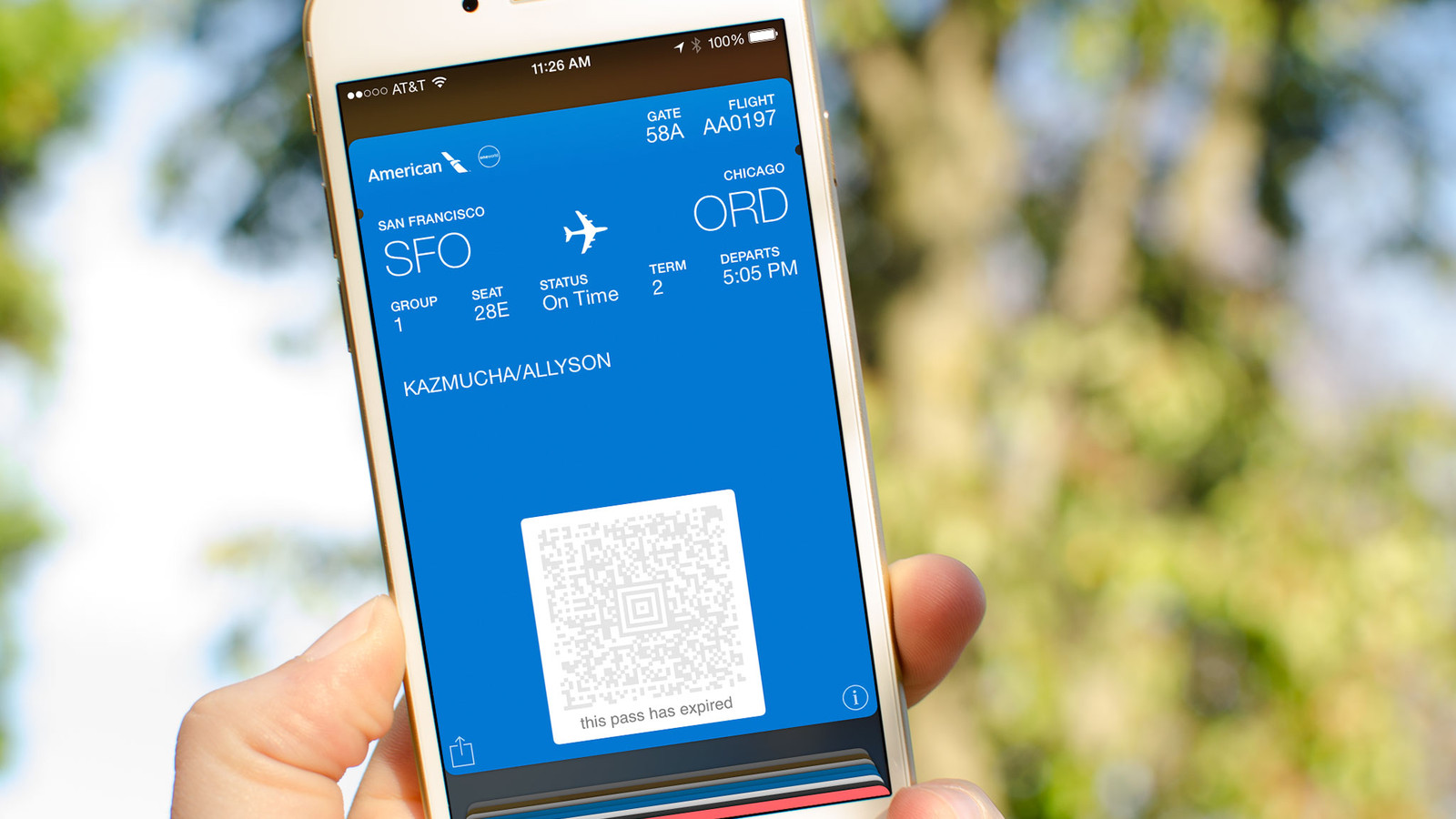
- 2 Min Read / Blog / 3.2.2020

While digital technology tackles many of the travel tasks traditionally reserved for human travel agents, mobile has transformed the stages involved with travel in massive ways. From the process of booking travel to making necessary arrangements along the way, mobile has enabled a new generation of connected apps that provide new utility and relevance to customers of every type.
According to recent Google research into the online habits of travelers across a range of demographics, an overwhelming majority of travelers for both business and leisure begin their travel journey with online search engines. Whether it’s getting inspiration for travel from YouTube videos or monitoring flight prices, travelers first look to Google and others to assist in their travel planning. And, like many others, this trend has begun pivoting toward mobile traffic over time.
“Why do we book flights on a computer, and then view our boarding passes on our phones?” asks Andy Detskas, Punchkick designer. “There are some operations that seem best suited for one device and inconvenient on another. Why is that? Are we making these device decisions based on what provides the best experience, or because that’s the only possible experience for that task?”
“Customers expect to be able to manage every aspect of their travel arrangements from whatever device is most relevant to them. Travel companies and search engines are only beginning to catch up to that expectation.” —Andy Detskas, interactive designer
To accommodate these expectations, Google has begun aggregating flight information into search results, bringing a new era of transparency and competition to airlines online. But the impact of mobile in the travel journey extends beyond buying tickets, and has more to do with providing seamlessness across the various devices that customers use. Some processes are best reserved for the web, others make sense for native apps, and companies are trying to bridge these experiences with varying degrees of success.
“Today, there are technologies built into mobile operating systems to make these processes easy,” said John Norton, iOS developer at Punchkick. “But it’s sometimes frustrating to make all these systems work together. You book a flight online, and the airline emails you a record number or something. And then you download their branded native app, try to find your record, and maybe at that point it’s possible to check into your flight. Only then can you download a boarding pass to Passbook. How can this process be simpler?”
“I buy tickets online, get an email with some number, and then wrestle with native apps to download a boarding pass. Why does it take so many different experiences to accomplish one task?” —John Norton, iOS developer
Digital experiences aren’t the only ones to be streamlined by new mobile technologies. Over time, the growth and sophistication of mobile platforms during the travel process will obviate some traditional physical roadblocks, as well. “Just five years ago, it was a production just to get to the airport,” said Norton. “You had to coordinate a taxi to pick you up, stand in line to check your bags and get a printed boarding pass, watch these displays in the airport to make sure your gate hadn’t changed and your flight was on time.
“Today, that experience is completely different because of mobile,” Norton continued, “Now, an Uber comes and gets you on demand, your digital boarding pass lets you check in without talking to anyone behind a desk, and it remains up-to-date about gates and delays and everything. Mobile is getting rid of all this useless friction and time-wasting redundancy to create a series of seamless transactions where you don’t have to spend time figuring the old things out.”
“Mobile eliminates all this useless friction and redundancy, and creates an ecosystem of seamless transactions instead.” —John Norton, iOS developer
Mobile makes the processes and formalities of travel more obvious and accessible throughout the travel journey. With mobile boarding passes instantly accessible from the lock screen, passengers have up-to-the-moment information and can skip cumbersome lines at the airport. Biometric authentication and mobile payment platforms enable quick transactions and identification to accelerate past obstacles. And wearable integration of all of these systems will only make tasks more instantaneous and unobtrusive.
Those few obstacles that remain are bastions of the old processes—mandatory online hurdles and incongruent stages in the booking process—but travel companies promise to streamline these soon. In the future, the process of purchasing tickets and getting on the plane can only be further accelerated by more contextual awareness, platform-specific features, and backend systems that go beyond making information accessible, and begin making information relevant instead.